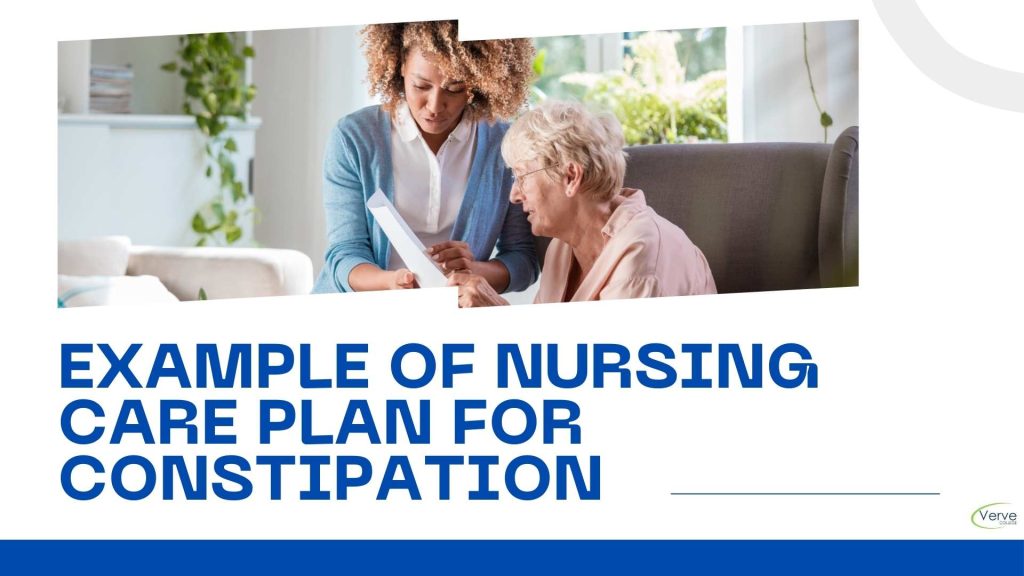- Oak Brook:(630) 705-9999
- Chicago:(312) 920-8822
- Email:inquiry@vervecollege.edu
- Make a Payment
- Home
- Programs
- Admission
- Resources
- ATI Entrance Exam Resources
- New E-Digital Library
- Refer a Friend
- School Newsletter
- Events
- Employers
- Job-Network
- Alpha Beta Kappa Candidates
- Verve College Library
- Graduation and Pinning Ceremony Photo Galleries
- Textbook Information
- Career Services
- Tutoring
- School Catalog
- FAQ
- Constitution Day Program
- Alumni
- Verve College Plans
- Financial Aid
- HEERF Reporting
- Satisfactory Academic Progress
- Apply For Financial Aid
- Net Price Calculator
- Return of Title IV Funds (R2T4)
- Financial Aid Office Code of Conduct
- Contact
- FAQs
- Verification Policy
- Vaccination Policy
- Student Right-to-Know Act
- Misrepresentation
- Information Security Program
- Academic Award Year
- Availability of Employee
- Cost of Attendance
- Health & Safety Exemption Requirement
- Students Rights and Responsibilities
- Leave of Absence
- Pell Formula
- Military Students
- Grants/ Scholarship Policy
- Contact Us
- Testimonials
- Blog
Is a Nursing Career Right For You?
Take The Free Quiz
Constipation in Patients: Assessment, Diagnosis, and Nursing Interventions
Constipation in Patients: Assessment, Diagnosis, and Nursing Interventions
Constipation is more than just an inconvenience—it can lead to serious discomfort and complications if not addressed properly. In 2025, healthcare professionals are doubling down on proactive, patient-centered approaches to gastrointestinal health. If you’re in the best nursing colleges in Illinois or working in a clinical setting, understanding an example of nursing care plan for constipation is essential.
Causes and Risk Factors
Before crafting a nursing care plan, pinpointing the root cause is key. Common culprits include:
- Low fiber intake
- Inadequate hydration
- Sedentary lifestyle
- Certain medications (opioids, antidepressants, etc.)
- Neurological conditions
- Post-surgical immobility
Nursing Interventions for Patients with Constipation
1. Thorough Patient Assessment
- Ask about bowel movement patterns, diet, and fluid intake.
- Assess for bloating, discomfort, and abdominal distension.
- Review medication history for potential contributors.
- Monitor frequency, consistency, and ease of stool passage.
2. Dietary and Fluid Modifications
- Encourage fiber-rich foods: whole grains, vegetables, and fruits.
- Increase daily water intake to soften stools naturally.
- Recommend small, frequent meals to stimulate digestion.
- Avoid excessive caffeine or processed foods that can contribute to dehydration.
Licensure by Endorsement in Nursing: Everything You Need to Know
3. Encouraging Physical Activity
- Motivate patients to engage in regular movement or mild exercise.
- Suggest simple activities like walking or stretching.
- Educate on how movement stimulates intestinal motility.
4. Medication and Supplementation
- Administer prescribed stool softeners or laxatives as needed.
- Offer probiotics to promote healthy gut flora.
- Educate on the risks of overusing laxatives and dependency.
5. Bowel Training and Routine Establishment
- Encourage setting a consistent bathroom schedule.
- Promote a relaxed, non-rushed environment for defecation.
- Teach positioning techniques to ease stool passage.
6. Patient Education and Lifestyle Adjustments
- Explain the importance of fiber, hydration, and activity.
- Provide guidance on recognizing early signs of constipation.
- Offer stress management techniques, as stress can impact digestion.
Example of Nursing Care Plan for Constipation
A structured care plan includes:
- Assessment: Identifying contributing factors and symptoms.
- Diagnosis: Establishing nursing diagnoses like “Risk for Constipation.”
- Intervention: Implementing dietary changes, physical activity, and medications.
- Evaluation: Tracking improvements and adjusting strategies as needed.
The Role of Nurses in Bowel Health
Nurses play a key role in educating and assisting patients dealing with constipation. Whether you’re in training or an experienced professional or in the future want to become a licensed practical nurse, mastering an example of a nursing care plan for constipation enhances patient outcomes and overall well-being.
Conclusion
Managing constipation goes beyond quick fixes—it requires a holistic, preventive approach. If you’re aiming to advance your nursing expertise, staying informed on effective interventions is a must. Whether you’re exploring nursing programs or expanding your clinical skills, patient-centered strategies will always be at the core of quality care. Nursing schools near me is the 1st option for prospective students where they can learn from basic to advanced.
 Sign up
Sign up Login
Login




